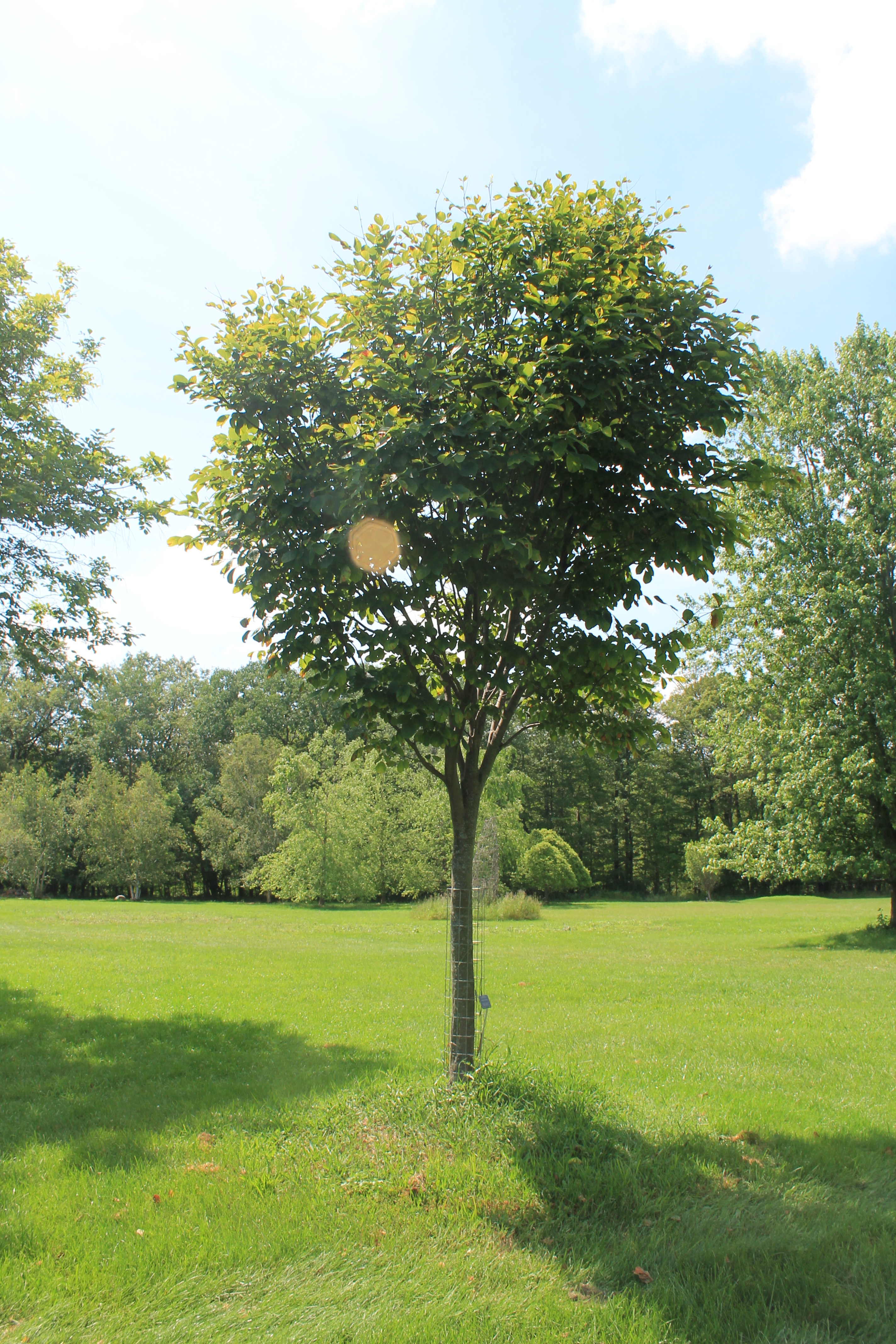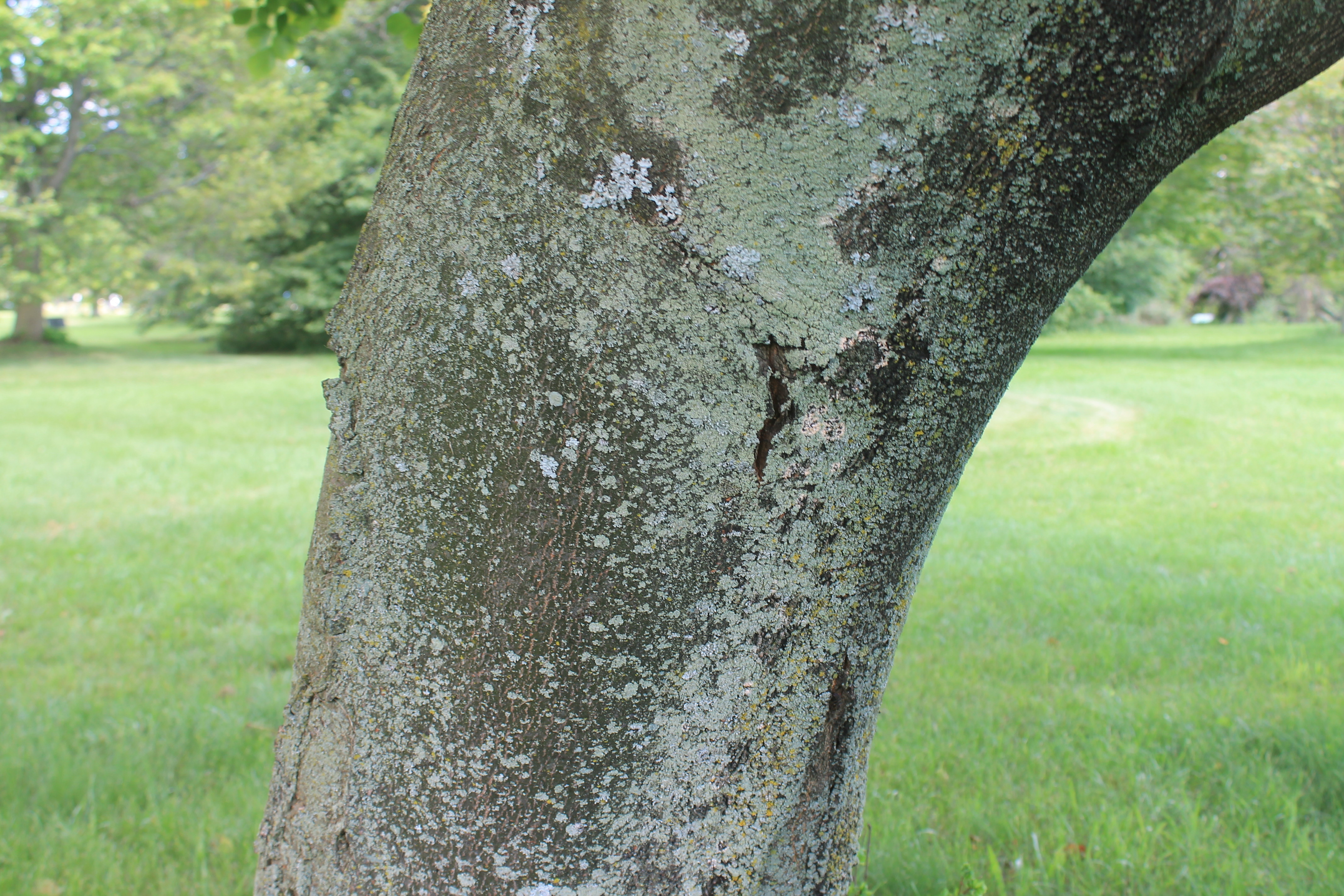Yellowwood, American Yellowwood
Cladrastis kentukea
Description
Cladrastis kentukea or yellowwood is a resilient, medium to large deciduous tree native to North America. Its range is restricted to the southeastern United States, extending from western North Carolina west to eastern Oklahoma and from southern Missouri and Indiana south to central Alabama. It thrives in well-drained soils and adapts to both alkaline and acidic conditions. Although rare in its native range and slow growing in its early years, once established, it becomes drought and road salt tolerant, making it a perfect choice for parks or open fields, offering excellent shade. While often requiring corrective pruning, pruning in late winter or spring may cause sap leakage, and its weak branches can be vulnerable to snow, ice, or windstorms. The tree produces beautiful clusters of flowers that attract pollinators.
Planting Site and Native Range
Planting Site
Parks, Residential, Wide Median, Restricted Urban Site
Tree Characteristics
Growth Rate
Moderately (30cm- 60cm per year)
Width
12 - 17m
Height
9 - 15m
Soil Quantity
>30 m3
Leaves
Deciduous
Insects and Diseases
Insects and Diseases
No serious or common issues in the urban environment. Verticillium wilt can be an issue, which can cause branch/ limb death and severe cases can cause tree mortality.
Tree Tolerances
Soil Salt Tolerance
Moderate
Salt Spray Tolerance
Moderate
Flooding Tolerance
Low
Drought Tolerance
Moderate
pH Tolerance
Tolerant of acid to alkaline soil (5.0 to 8.0)
Shade Tolerance
Full Sun
Plant Hardiness Zone
Zone 4 (a/b) | Zone 5 (a/b) | Zone 6 (a/b)
Management Notes
Management Notes
Should be pruned when young to improve branch structure and avoid breakage from poor crotch angles Vulnerable to mechanical damage due to thin bark
Contact us:
info@vinelandresearch.com








